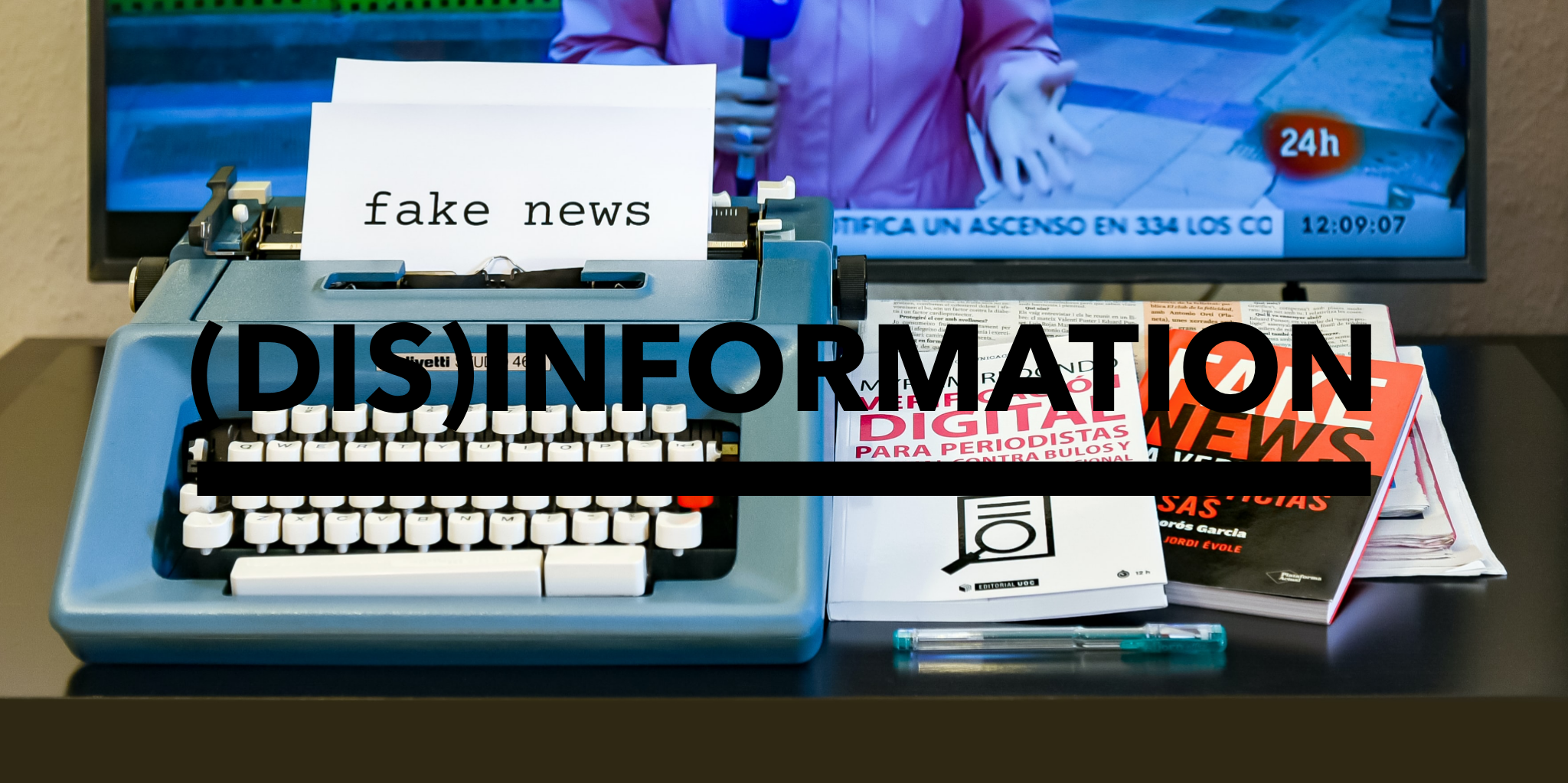(dis)information
I am guilty of spreading disinformation.
Many years ago when I was a student teacher, I was teaching a lesson on bias in historical texts to a grade 11 History class.
I gave half of the students a summary of the outcome of the War of 1812 from the perspective that the Americans were the victors. To the other half of the class, I gave a summary that argued that the British had won.
Of course, I didn’t tell them that they had two different versions of events.
Then, I invited the class to debate as to who won the war.
Initially, the students were very calm and rational, presenting arguments they remembered from previous lessons as well as the summary document they had just received.
But the debate grew increasingly heated as students argued two different positions. They were clearly confused as to how their peers could have such an opposing view when they had just been given the same summary of the war.
“Bias is nothing new...These widely varying and biased sources are intensifying division among friends, coworkers, families, and even between nations.”
Finally, I stopped the debate and revealed my little trick.
We talked about bias, how a historical document could be written from a biased viewpoint, what would be the reasons for doing so, who would be the audience, what would be the impact, etc.
As we could see from our historical texts, bias is nothing new.
We also saw how reading and basing our opinions and arguments on only one text could lead to division.
We see this today with the various media presenting varying versions of historical and current events as well as scientific and health information.
These widely varying and biased sources are intensifying division among friends, coworkers, families, and even between nations.
We can never eliminate bias, but we can all be more intelligent about how we consume information. We can try to be mindful to ask ourselves the questions: Who wrote this and why? Who is their intended audience?
Being more critical about the information we consume and debating with people whose views differ from our own could help close the gap that is widening between so many people.
